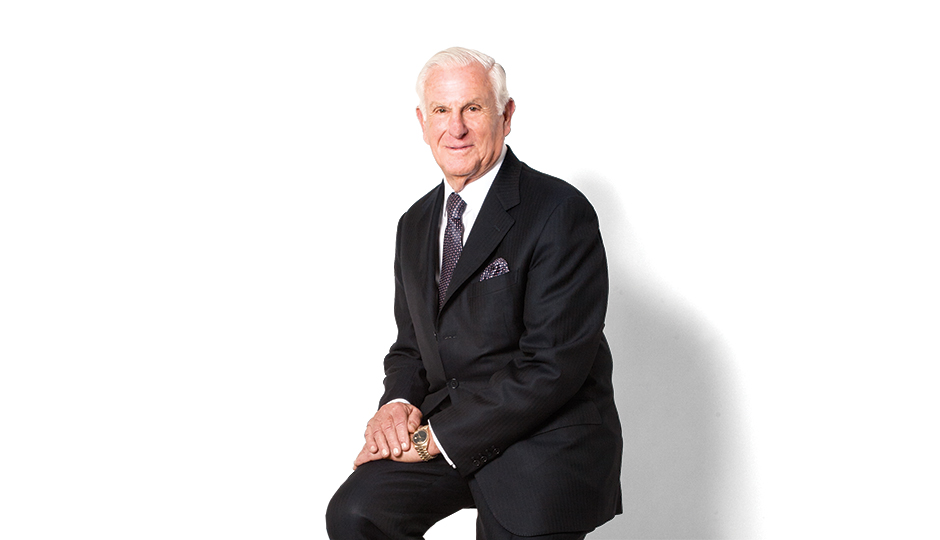We Want Answers: Harold Honickman, Soda-Tax Opponent

Photograph by Claudia Gavin
The soda lobby has spent at least $1.7 million fighting Mayor Kenney’s proposed soda tax, which might actually pass next month. Why the effort? Is the idea to keep the tax from spreading to other cities? To prevent a federal soda tax? I think there’s some merit to that. Look, there’s only one other city that has a soda tax: Berkeley, California, which is really a unique little area with very rich people.
You defeated soda taxes in Philadelphia twice during Michael Nutter’s administration. Were you successful then partly because Nutter had a poor relationship with City Council? I agree he did not have a great relationship with Council. But I think we were successful for the same reasons we’re fighting this tax: It’s regressive. Many mom-and-pop bodega stores in the city will go out of business or be seriously damaged—about 20 percent of their sales are juices or sodas or some type of liquid beverage.
Kenney says it’s a tax on corporations, and that they can choose to absorb it. I showed the Mayor our audited 2015 financial statement—we made a total of 28 cents on every case we sold of Canada Dry. On average, the soda tax would be $14.80 a case. How could we possibly absorb one penny of that tax?
You argue that the tax is regressive, but the soda industry targets its advertising to the poor. Aren’t you trying to have it both ways here? I don’t think that’s true.
There are studies showing that the industry disproportionately advertises in poor areas. I don’t really think I’m qualified to speak on it, to tell you the truth. I see television, I see radio. I think it’s targeted to a lot of the general community.
Studies also show that wealthy people drink less soda than poor people, and you were once named the richest man in Philadelphia by Forbes. How often do you pop open a can? I drink more water than I drink soda. I enjoy a Pepsi or a Diet Pepsi maybe once or twice a week.
Kenney has a much better rapport with Council than Nutter did. Does that make this a harder fight for you? I think the issues make it a harder fight.
Because the Mayor wants to use the tax to fund pre-K? Yes. We think what the Mayor is trying to do is a good cause, and we would be happy to participate if it was spread around the city.
What do you see as a politically feasible way to pay for pre-K? I think there’s hundreds of millions of dollars lying on the street. All the commercial buildings are way undervalued. Maybe the supermarket industry would participate in a
plastic-bag tax. Maybe all rigid containers could be taxed. They would tax mayonnaise, they would tax peanut butter, and they would tax us.
Is there a big commercial building in Center City that you think is under-assessed? I think most buildings are under-assessed in Philadelphia.
Want to name names? No.
How did you and your wife, Lynne, decide on homelessness as a focus for your philanthropy? Years ago, driving through North Philly, my wife would see these torn-down houses, people living on the street, homes infested with drugs. And then we would come back to where we live in Rittenhouse Square, in a very beautiful apartment. Why shouldn’t we do something to try to help that neighborhood? Then we met Sister Mary at Project HOME. There’s an old story that if you give Sister Mary $1, she stretches it to $10.
Published as “We Want Answers” in the June 2016 issue of Philadelphia magazine.